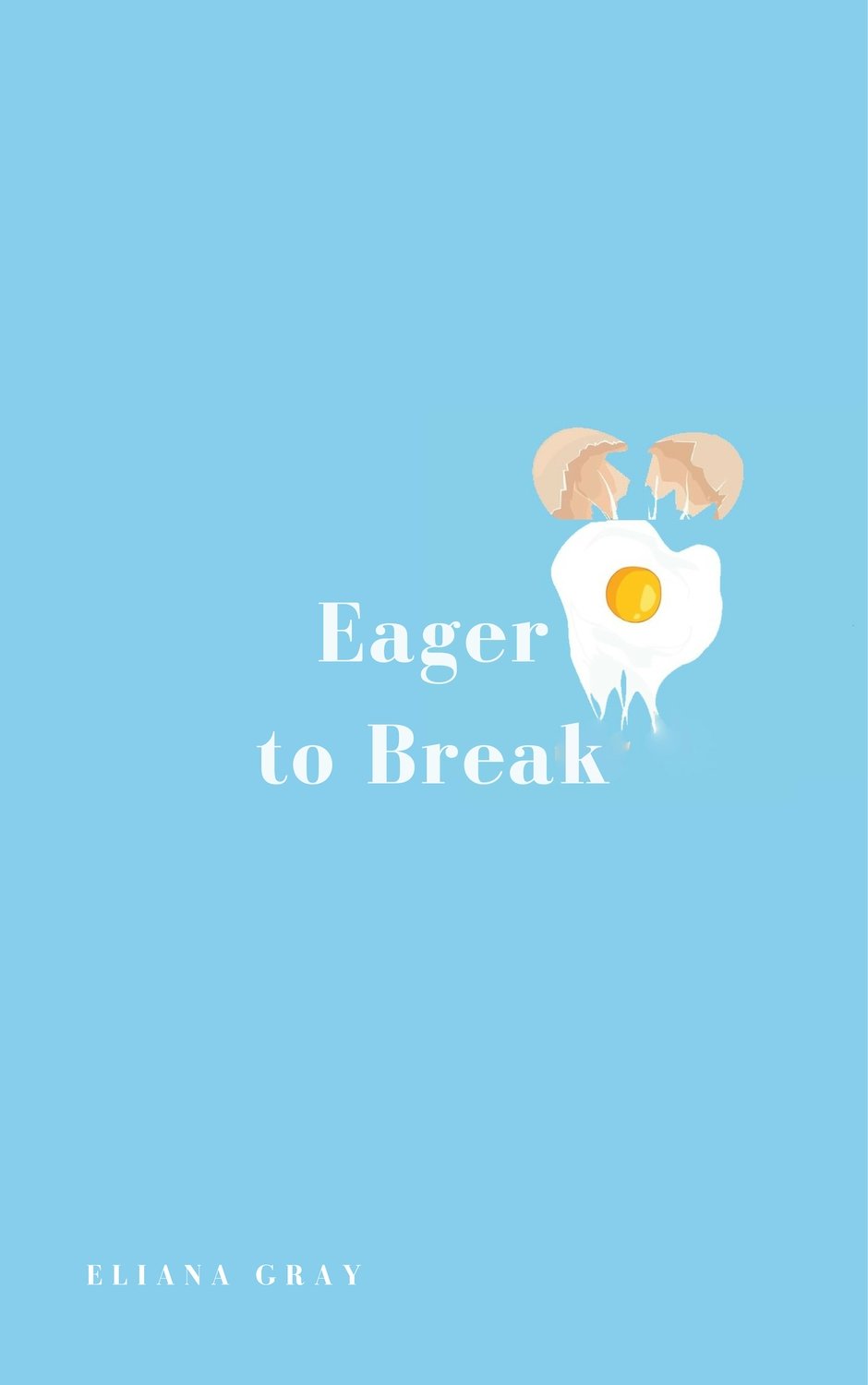 Reviewed by Magdalena Ball
Reviewed by Magdalena Ball
Eager to Break
By Eliana Gray
Girls on Key Press
2019, paperback, $20
Eliana Gray’s latest poetry collection, Eager to Break, is assured, quiet, charming, and intense all at the same time. The work engages directly and openly with inherently distressing themes like sexual violence, mental illness, fear, PTSD and its many manifestations and loss, but always, and perhaps uniquely, with a muted joy – as if the opportunity to play with words this way, against such pain, were a gift. The poetry works like sunlight, moving smoothly across the fault lines of the past and transforming them. Though many of the poems are simply stated and direct, the work takes on the cadence of memory and moves back and forth across a linear narrative, recasting sensation:
To be comfortable admitting:
I move, stranger when I’m with myself
hurt in a way different from my skin
hear voices my visceraIn and out and in and out (“Precursor to learning meditation”)
The work moves into uncomfortable spaces, always pushing a little further, but however dark it gets, the poems remain playful. There are always multiple selves and multiple voices shifting and changing in a dialectic: one who is suffering and one who is encouraging. Though this sounds fractured, it is not unfamiliar – this is how the mind works, and the encouraging, supportive voice is persistent and powerful:
Like a call to the sky
in the middle of the night
that starts with
how may I help you today? (“People won’t know what to do if you let them in /”)
At its most intense, the work is striking. There are poems about self-harm, suicide, about wanting to disappear, about loss and pain, and perhaps above all, about language and the struggle to say what is unsayable, one of the more consistent themes throughout the book:
There will never be enough language
It will always feel round at the back of your tongue (“Fizzling Out”)
Language is often subject and object simultaneously. Many of the poems explore non-linguistic and nonlinear ways such as body language to communicate experiences that are repressed, inchoate, uncomfortable, or traumatic:
My chest is a diamond
more about sharp than pretty Three times a week
there’s cotton in my throat
When it gets really bad
I can hear you swallow (“Trying to figure out the difference Between paranoia and intuition”)
There are ways to connect through touch and motion, through observation and perception that move through, within and beyond language and Gray’s poems explore this. This form of communication through shared vulnerability and openness is a key to survival. Naming the point of trauma is difficult and maybe even impossible, but once it’s given a way to be exposed, it can be worked with and healed, through making the pain universal, as art:
The week it returned I was learning
how to build a solid narrative
As panic builds
Language begins to look like a cloud
A helium balloon
The most disappointing carnival in the world (“Past tense”)
Gray’s poetry charts a new language: one that is intersectional and works in the cracks and gaps of emotional pain and oppression. There are stories in Eager to Break that don’t have a beginning, middle and ending, but rather, feel like they’re embedded in the body as cellular memory. The narrative arc is one that transforms this material into a space of radical acceptance:
These small wounds have started to blossom
Blooming red over my limbs
As if I’m the flower
I’ve always described
But it hurts
The inflammation that shifts
Disappears in the light when I look for it
Swells beneath my skin
It starts to burst (People come like flocks for truth”)
Above all, Eager to Break is about coming to terms with the inherent pain of being alive. It’s about coming to, baggage and all. The poems in this collection engage with brokenness, and open a space for reclamation of the self:
Throw your head to the sky Look to the stars
Think of all the ways
Your broken wrists can swim (“On the eve of emotional labour”)
There is something disarmingly open about Eliana Gray–both the person and their work. It comes from, perhaps, the essential humanity and beauty in Gray’s willingness to stare down trauma, grief, and PTSD with candour and even an enthusiasm that not only belies the pain, it transforms it. Eliana Gray is a poet to reckon with, a talent that is spacious. Their poetry breaks open those areas that have been closed, scarred, tamped, and creates something entirely new so that “We will always, always have more space.”